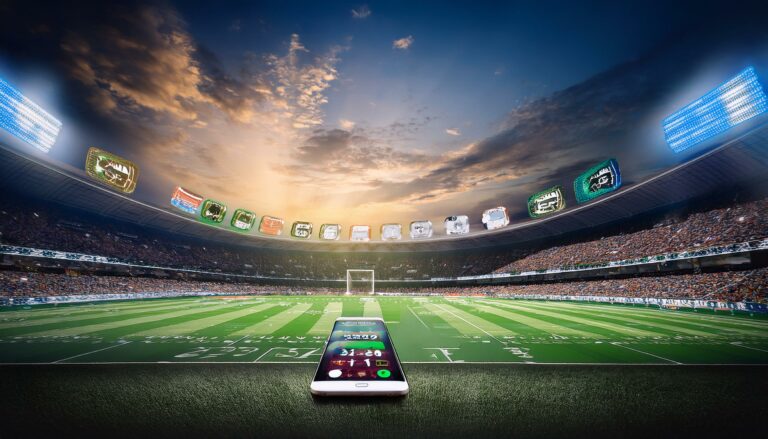How to Create an Effective Business-to-Consumer (B2C) Marketing Automation Plan
Marketing automation has become a crucial tool for B2C businesses looking to streamline their marketing efforts and enhance customer engagement. By automating repetitive tasks such as email campaigns, social media postings, and customer segmentation, businesses can save time and resources while delivering targeted messages to their audience.
In addition to improving efficiency, marketing automation can also help B2C businesses better understand their customers through data analytics and tracking. By analyzing customer behavior and interactions with automated campaigns, businesses can gain valuable insights that enable them to personalize their marketing strategies and drive higher conversion rates.
Understanding the Importance of Personalization in B2C Marketing
Personalization in B2C marketing has become a vital strategy for businesses looking to connect with their customers on a personal level. By tailoring marketing messages and offerings to individual preferences and behaviors, companies can enhance customer loyalty and drive engagement. Personalization helps create a more meaningful and relevant experience for consumers, ultimately leading to higher conversion rates and increased sales.
In today’s highly competitive market, personalization sets businesses apart by demonstrating a deep understanding of their customers’ needs and preferences. By leveraging customer data and insights, companies can deliver targeted messages and offers that resonate with their audience, resulting in improved customer satisfaction and brand loyalty. Embracing personalization allows businesses to build stronger relationships with their customers, fostering long-term connections that drive repeat purchases and advocacy.
What is marketing automation for B2C businesses?
Marketing automation for B2C businesses is the use of software and technology to streamline and automate marketing processes such as email campaigns, social media management, and customer segmentation.
Why is personalization important in B2C marketing?
Personalization is important in B2C marketing because it helps businesses create more relevant and targeted messaging for their customers. This can lead to higher engagement, increased brand loyalty, and ultimately, more sales.
How can businesses incorporate personalization into their B2C marketing strategies?
Businesses can incorporate personalization into their B2C marketing strategies by leveraging customer data to tailor messages and offers to individual preferences and behaviors. This can be done through personalized emails, website content, product recommendations, and more.
What are some examples of successful personalization in B2C marketing?
Some examples of successful personalization in B2C marketing include personalized product recommendations based on past purchases, targeted email campaigns based on browsing history, and personalized landing pages that address specific customer needs.
How can businesses measure the effectiveness of personalization in their B2C marketing efforts?
Businesses can measure the effectiveness of personalization in their B2C marketing efforts by tracking key metrics such as conversion rates, click-through rates, and customer engagement levels. Additionally, businesses can use A/B testing and customer feedback to optimize their personalization strategies.






